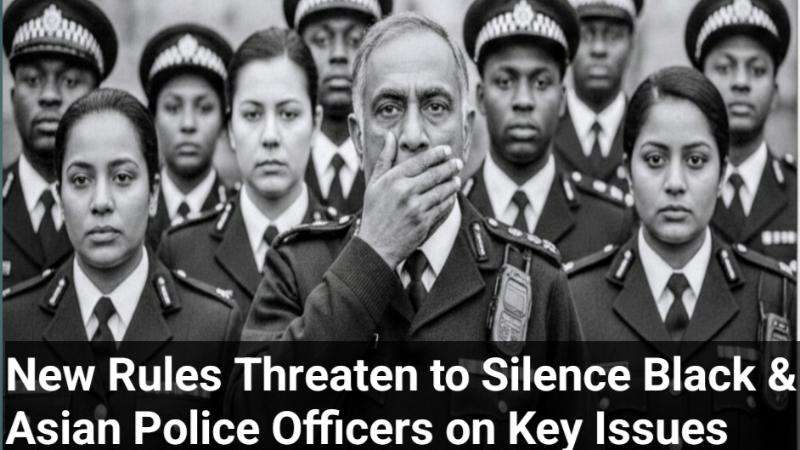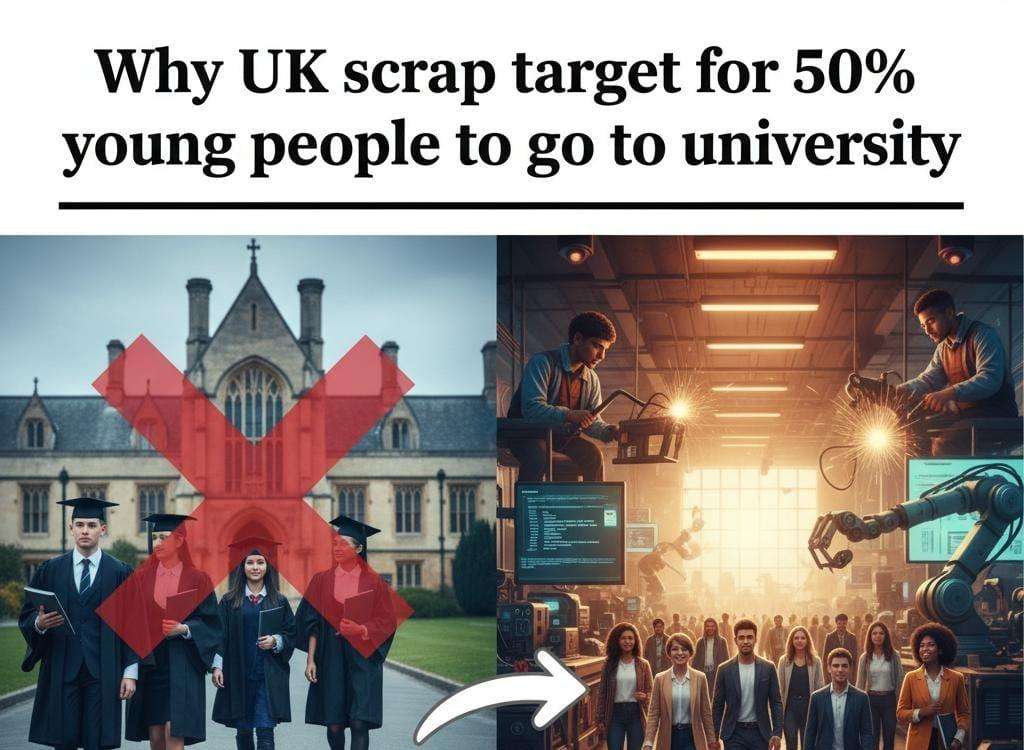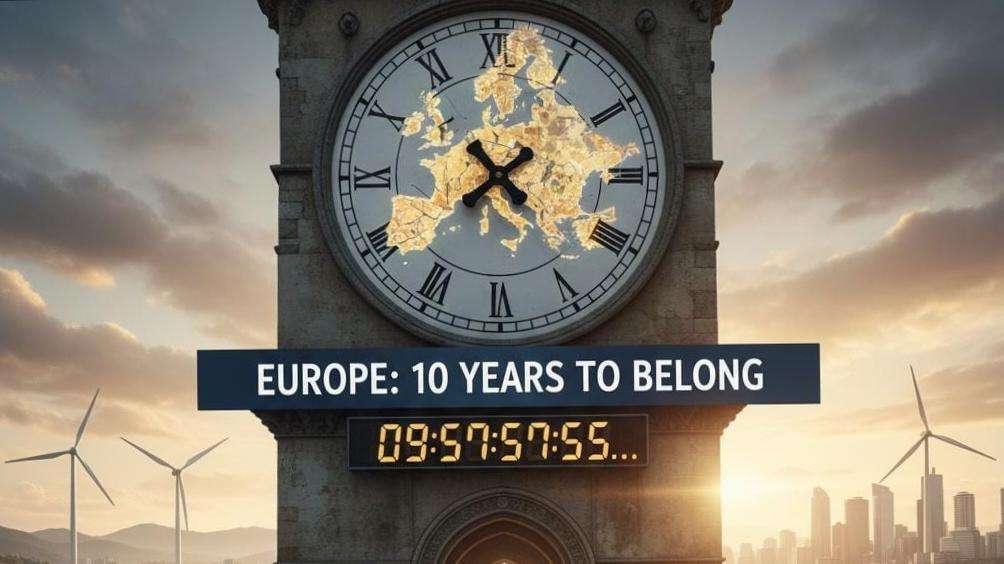The UK Government, led by Prime Minister Sir Keir Starmer, has announced the dramatic scrapping of the long-standing target to send 50% of young people to university. In its place, a new, more inclusive ambition has been unveiled: for two-thirds of young people (aged up to 25) to pursue higher-level skills through a university degree, further education, or a "gold-standard apprenticeship." This shift marks a fundamental re-evaluation of educational success in Britain, aiming to put technical and vocational routes on an equal footing with academic study.
The Core Rationale: Valuing Vocational Skills
The principal reason for ditching the 50% university-only target, originally set by the Labour government under Tony Blair in 1999, is the belief that it has inadvertently devalued non-academic pathways and created a perception that university is the sole measure of success. Sir Keir Starmer explicitly stated that this measurement of success is "not right for our times," questioning the message sent to young people who choose an apprenticeship. He emphasised the need for the country to afford the same respect to those who pursue vocational training.
The push to replace the target is driven by a desire to address the UK's chronic skills shortages and boost the status of technical education. Industry leaders, such as Make UK chief executive Stephen Phipson, have strongly welcomed the move, noting that quality apprenticeships have been "undervalued" and not comparable in esteem to a degree for far too long. The new target is intended to challenge the "class ceiling" and ensure "the grafters" are fully included in the nation's highest aspirations.
The Future of Higher Education and Technical Skills
The announcement signals a significant refocusing of government policy towards a "gold standard" for vocational and technical education, moving away from a single-track academic focus.
A Broader Target: The new goal aims for two-thirds (approximately 66%) of young people to achieve higher-level skills by age 25 through university, further education, or a gold-standard apprenticeship. This inherently widens the official scope of post-16 success.
Targeted Technical Growth: A specific sub-target has been set for 10% of young people to be pursuing the higher technical education or apprenticeships needed by the economy by 2040, aiming to nearly double the current figure. This is tied to meeting the demands of high-growth sectors.
New Institutions and Funding: To deliver on this ambition, the Government plans to invest nearly £800 million in extra funding for 16 to 19-year-olds in the coming year, supporting an additional 20,000 students. This includes the creation of 14 new Technical Excellence Colleges, which will focus on key economic sectors like advanced manufacturing, clean energy, and digital.
Further Education Focus: The announcement elevates Further Education (FE), which Sir Keir called a "Cinderella service," into a "defining cause" for a Labour Government, promising higher standards and quality teaching in every college. The reforms are expected to be detailed further in an upcoming post-16 skills white paper, which is likely to outline how qualifications will be better linked to jobs and rooted in local communities.
Apprenticeship Emphasis: The focus on "gold-standard" apprenticeships suggests a drive towards high-quality, high-skill training pathways, moving beyond low-level schemes. The policy complements Labour's wider plans, which reportedly include reforming the Apprenticeship Levy into a broader "Growth and Skills Levy" to give businesses more flexibility to train staff in key areas.
The overall vision is to create a more integrated and respected tertiary education system that supports both academic and technical excellence, ensuring young people are better equipped for the modern workforce and that vocational choices carry the same societal value as a university degree.







.svg)
